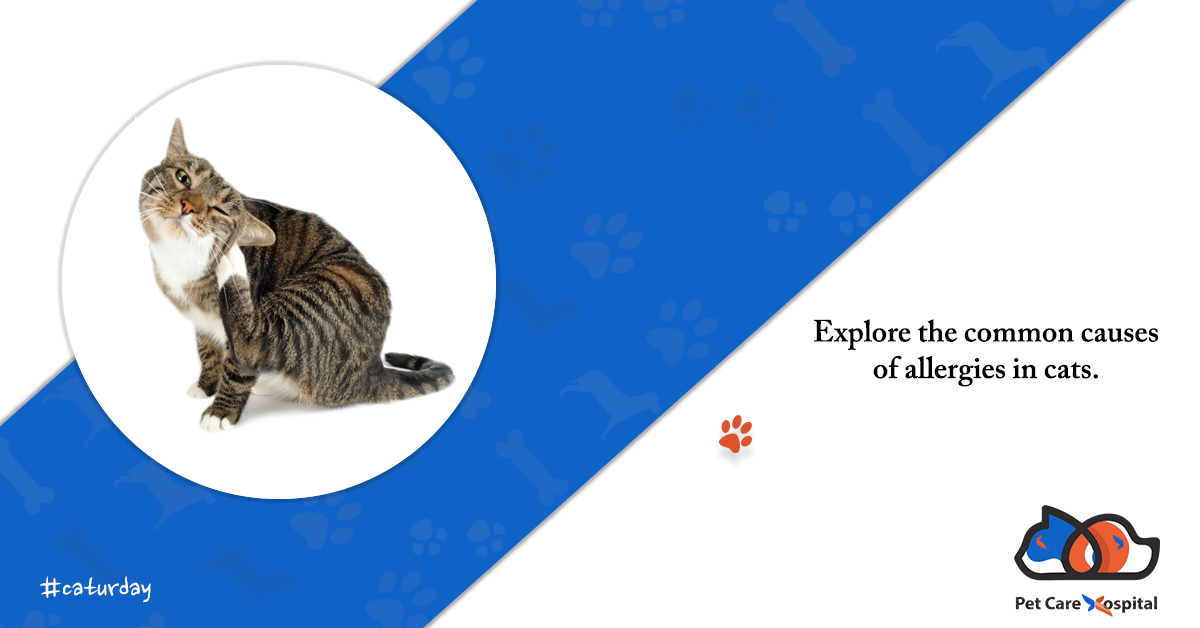
Over sensitive immunity system to everyday substances which are notified to be dangerous is a sign that your cat has an allergy. The substances are common and harmless to most animals, cats with allergies will have an extreme reaction to them. As soon as your cat tries to get rid of these substances, a variety of symptoms will show:
What Are the General Symptoms of Allergies in Cats?
- Sneezing, coughing (if the cat has asthma), wheezing
- Itchy skin/increased scratching
- Itchy, runny eyes
- Itchy back or base of tail (most commonly seen in flea allergies)
- Itchy ears and ear infections
- Vomiting
- Diarrhea
- Snoring caused by an inflamed throat
- Paw chewing/swollen paws
What are cats commonly allergic to?
Cats with food allergies will commonly scratch their heads and necks, as well as have gastrointestinal problems like diarrhea and vomiting. Food allergies may show up in cats at any age. Following are the common things that cats are allergic to:
- Tree, grass, weed, mold, mildew and dust pollens
- Fleas and flea-control products
- Prescription drugs
- Perfumes
- Cleaning products
- Cigarette smoke
- Fabrics
- Rubber and plastic materials
Solution to your cat's food allergy
- It's highly advised that you must take your cat to a veterinary dermatologist for an allergy test. The test of choice is an intradermal skin test, as blood allergy tests are not considered as reliable.
- The only way food allergy can be cured is by feeding your cat a prescription diet for at least 12 weeks. Which clearly means no flavored medications. This diet will have all the ingredients your cat has not been exposed to before.
- Many cats that are diagnosed with a food allergy require home-cooked meals, but this must be done in conjunction with your veterinarian as it requires a special protein and careful food balancing.